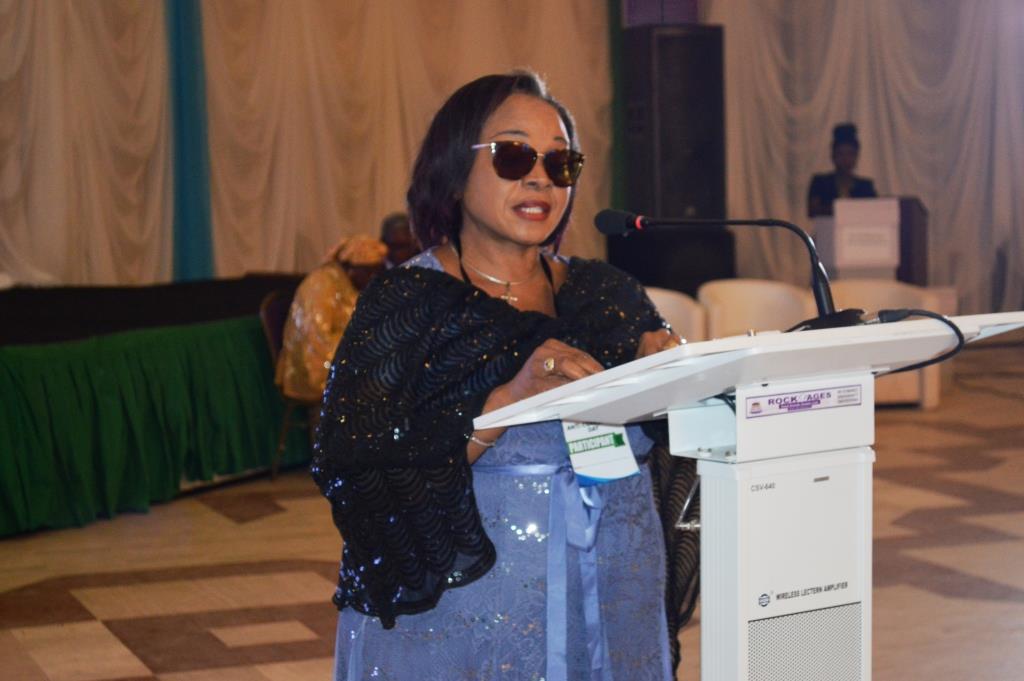A 2-day high level conference organized by United Nations Office on Drugs and Crime (UNODC) with the theme “United Against Corruption”, was recently held at the State House Banquet Hall Abuja, in commemoration of the 2019 World Anti-Corruption Day.
Giving a goodwill message at the occasion, the Chairman of the Independent Corrupt Practices and Other Related Offences Commission (ICPC), Prof. Bolaji Owasanoye, who was represented by a member of the Board of the Commission, Mrs. Olubukola Balogun, said Nigeria has intensified its fight against corruption.
According to him, evidence of this could be found in the fact that the country had promulgated its own national anti-corruption laws in 2000, three years earlier before the United Nations Convention Against Corruption (UNCAC) signed the UNCAC on 9th December, 2003, and ratified it on 24th October, 2004 because it fit into the country’s idea of a global anti-corruption legal benchmark, which implementation could address the problems of corruption at national level, and put an end to developmental challenges caused by corruption.
Prof. Owasanoye, also said that significant to Nigeria as a nation beset with the challenges of corruption and insecurity, were the Sustainable Development Goals (SDGs) which are inextricably linked to UNCAC target 16:4 to 16:6 of the SDGs which aspire to significantly reduce illicit financial and arms flows; strengthen the recovery and return of stolen assets; combat all forms of organized crime; substantially reduce corruption and bribery in all their forms; and develop effective, accountable, and transparent institutions at all levels.
He noted that, since the return to democracy, and especially since 2015, Nigeria’s crusade against the menace of corruption had entered “auto-drive”, that the nation had not only developed good practices on all aspects of the fight against corruption and ratified regional as well as sub-regional anti-corruption conventions, but had also submitted herself to two major reviews of her implementation of UNCAC, as established since 2009 by the Conference of State Practices (CoSP).
He further stated that the report of the second cycle review that was to be launched at the occasion contained the details of the progress and a few challenges Nigeria was facing in the implementation of UNCAC.
Also speaking at the occasion, the Minister of Foreign Affairs, Mr. Geoffrey Onyeama, who was represented by the Permanent Secretary of the Ministry, Ambassador Suleiman Mustapha, said the various anti-corruption agencies in the country were being strengthened by the current administration. He also said that beyond Nigeria, President Muhammadu Buhari had continued to lead the anti-corruption campaign.
In his welcome address, the United Nations Resident Coordinator in Nigeria, Mr. Edward Kallon, remarked that corruption and insecurity were among “the primary spoilers of sustainable development”.
He said that in 2015, when Member States adopted the 2030 Agenda for Sustainable Development, they recognized that one of the weaknesses of the Millennium Development Goals had been the failure to include corruption prevention among its targets.
Mr. Kallon further said that recognizing this omission, Sustainable Development Goal 16 on Peace, Justice and Strong Institutions, establishes several targets dedicated to the eradication of corruption, the curbing of illicit financial flows and the recovery and return of stolen assets.

